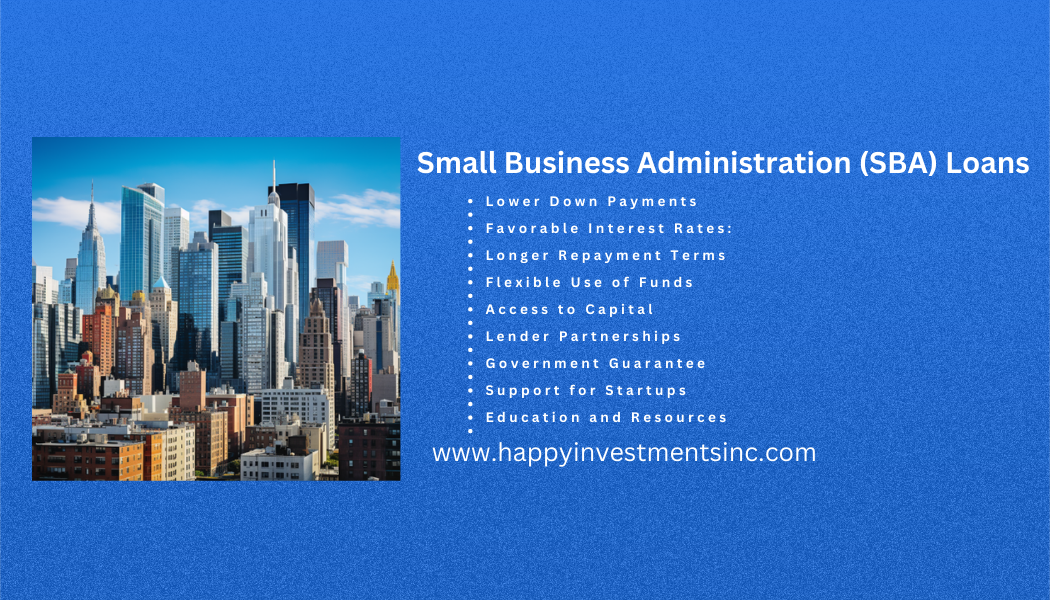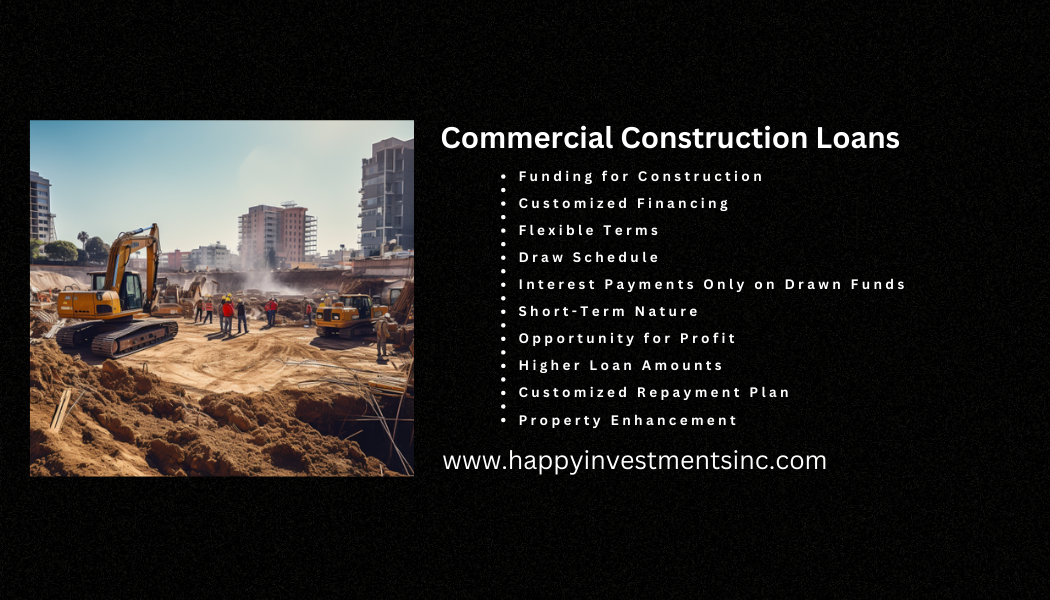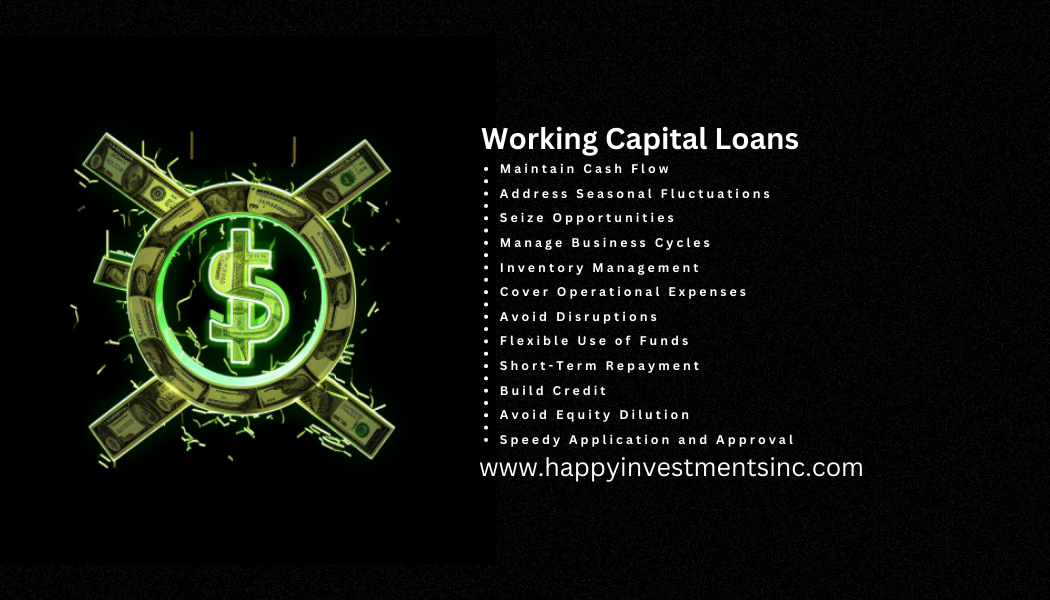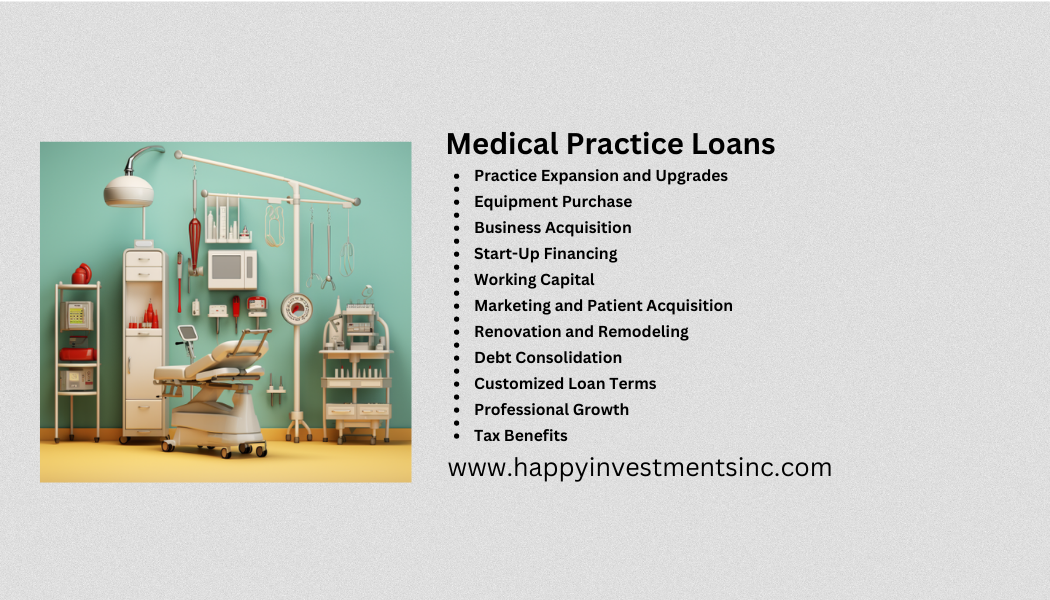
Commercial Real Estate Loans are financial instruments designed to supply funding for numerous kinds of commercial residential or commercial property acquisitions, advancements, and remodelings. These loans are normally secured by the property itself and are an essential resource for services and investors wanting to expand or boost their real estate holdings. Different kinds of Commercial Real Estate Loans include:
- Traditional Commercial Mortgages: These loans function likewise to residential home loans, where the debtor receives a lump sum in advance and repays the loan quantity in addition to interest over a specified duration. They are commonly utilized for buying or re-financing residential or commercial properties such as office buildings, retail centers, and warehouses.
- SBA 7( a) Loans: Offered by the Small Business Administration (SBA), these loans offer funding to small companies for real estate acquisitions, construction, or refinancing. They typically come with beneficial terms and lower down payment requirements.
- Commercial Construction Loans: These loans are created to fund the construction of brand-new industrial properties or significant remodellings of existing ones. The funds are disbursed in stages as the building and construction advances.
- Bridge Loans: Bridge loans supply short-term funding to bridge the gap in between instant funding needs and longer-term financing options. They are commonly utilized for time-sensitive deals or when a residential or commercial property needs renovations prior to it can receive long-term financing.
- Commercial Equity Loans: Also referred to as equity lines of credit, these loans permit homeowner to tap into their residential or commercial property’s equity to money different service requirements, such as expansion, working capital, or improvements.
- CMBS Loans (Commercial Mortgage-Backed Securities): These loans include packaging a swimming pool of industrial property loans into securities that are offered to investors. The earnings generated from the hidden loans serves as security for the securities.
- Hard Money Loans: These are short-term, high-interest loans typically used by investor for fast acquisitions or to take advantage of time-sensitive opportunities.
- Mezzanine Loans: Mezzanine funding sits between senior financial obligation and equity in a capital stack. It’s a method to protect additional funds using the home as collateral, typically utilized for development projects.
- HUD/FHA Loans: Provided by the U.S. Department of Housing and Urban Development (HUD), these loans provide financing for multifamily residential or commercial properties, health care centers, and other types of commercial realty tasks.
- Owner-Occupied Commercial Real Estate Loans: These loans are customized for services that plan to inhabit most of the residential or commercial property they acquire. They frequently include beneficial terms and lower down payment requirements.
Each type of Commercial Real Estate Loan serves various functions and includes varying terms, rate of interest, and eligibility requirements, permitting companies and investors to choose the financing choice that best aligns with their requirements and goals.

















